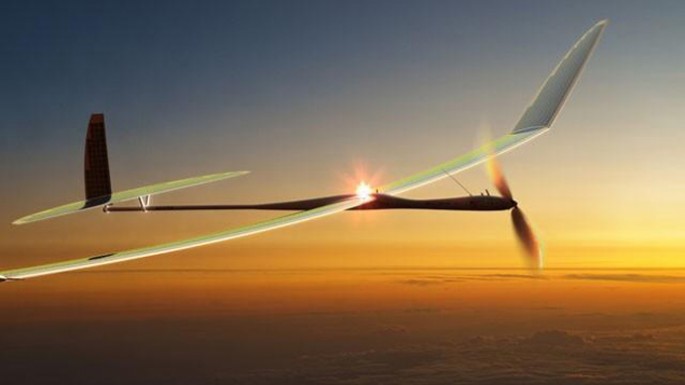A new United Nations (UN) report about worldwide Internet access has learned that 2 billion people will be connected to the World-Wide Web by the end of this year. That figure is around 44 percent of the Earth's population.
The International Telecommunications Union (ITU), an agency of the UN, released the report. The current figures show the huge impact of the Internet Revolution. In comparison, only 400 million world Internet users existed in 2000, according to ABC News.
In the past 15 years, Internet penetration has skyrocketed 800 percent. In the United States and Europe, 78 percent of the populations have mobile broadband access, and 69 percent globally are linked to Third-Generation (3G) mobile phone networks, according to The Daily Star.
However, the United Nations report also reveals that four billion humans in developing countries have no Internet access.
The ITU report indicates that Europe has the greatest 2015 world-wide growth of Internet users, surging from 46.3 percent to 77.6 percent since 2005. Africa has the lowest online population growth, at 20.7 percent.
Houlin Zhao, ITU Secretary-General, stated in a press conference that the figures show the tech progress being made worldwide. However, the UN report also reveals the people not included in the "digital economy."
Some tech giants are leading the effort to get the entire world online. They are finding innovative methods to link people with no Internet access.
Google's Project Loon hopes to launch a fleet of Internet-beaming balloons worldwide. They would stay airborne for over 100 days. The balloons would zap Internet connections to billions of offline people.
Meanwhile, Facebook CEO Mark Zuckerberg is planning a solar-powered Internet drone. It could fly for months at 60,000-foot (18,288 m) altitudes.
However, Zuckerberg's pet project is the highly controversial Internet.org. Since 2013 the mobile internet service has provided some countries with Web access.
The Internet.org platform was opened to developers earlier this month, to provide new content. This was likely in response to various Indian companies claiming that the project does not provide equal-access net neutrality.



























